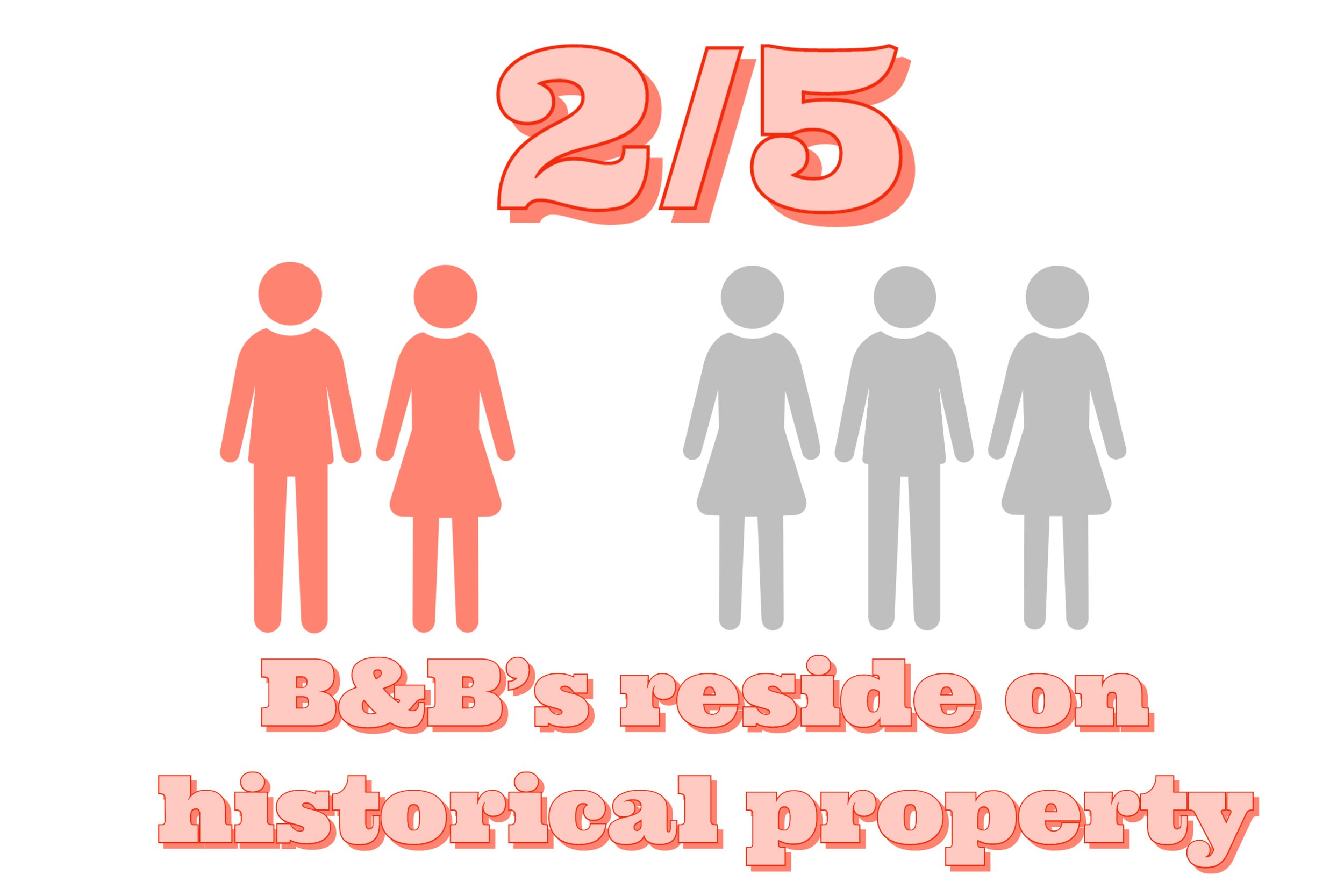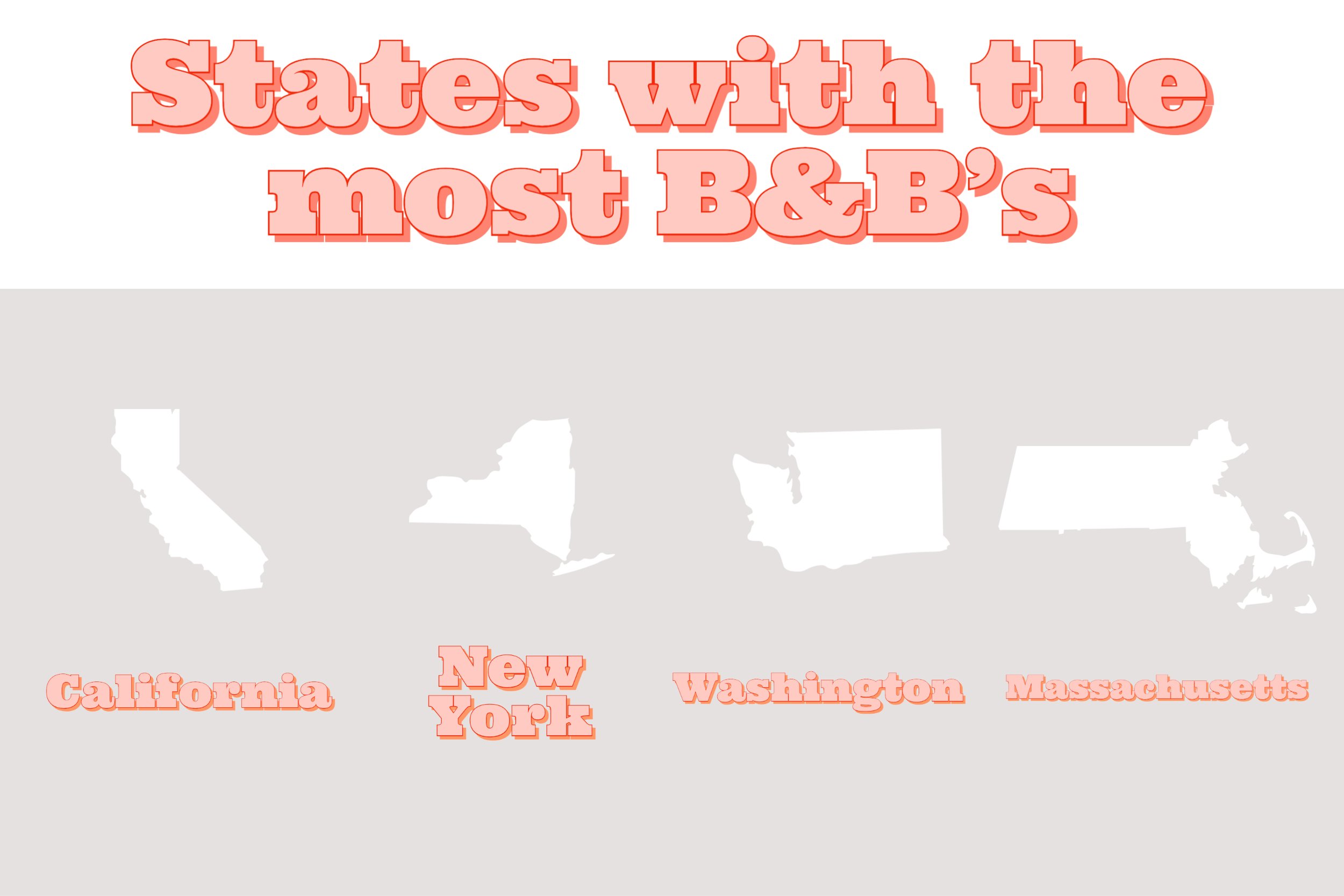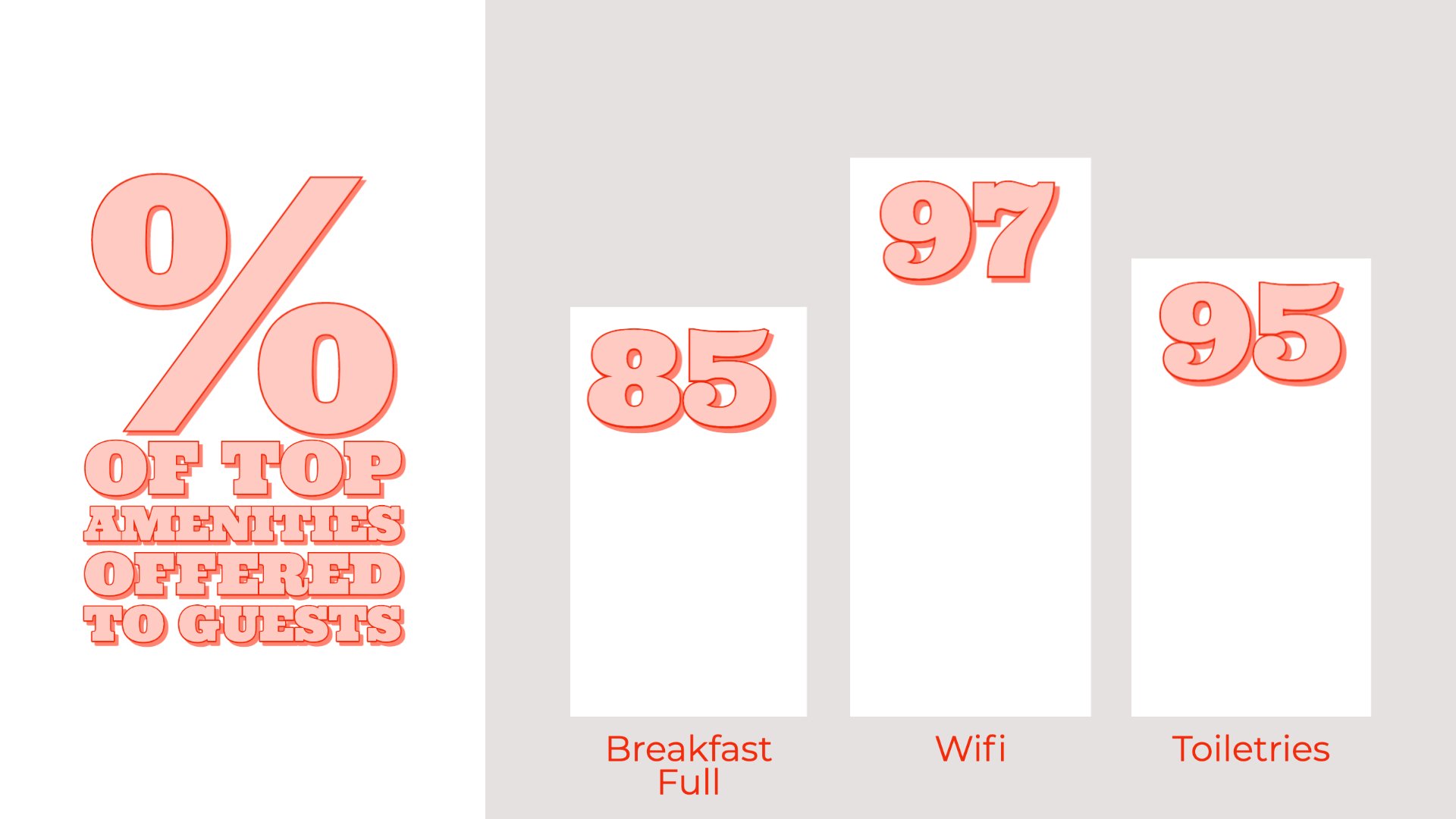The Lost Art of Bed and Breakfasts’
Business, Struggles and the Hospitality Industry in West Alabama
Shoofly Farm’s main house
Photo by Kayla Caldwell
Driving down North College Street in Auburn, Alabama, state houses sit in the historical district. Homes constructed from 1848-1937 provide a scenic route for travelers rolling into the city from U.S. Highway 280.
One house, however, is different from the rest. Visitors in a blink of an eye can miss the Crenshaw Guest House that sits in a residential neighborhood as a local bed and breakfast.
When it comes to places to stay for travelers, the options are endless. From five-star luxury hotels to cabins to the faithful chain hotel, there seems to be something for everyone.
However, bed and breakfasts are often overlooked when travelers are searching for places to stay. Chain hotel empires have overshadowed alternative options within the hospitality industry.
Even with B&B’s being around for decades the knowledge of these businesses is slim. Most travelers have different ideas of what this lodging option offers. Some owners don’t call their business a bed and breakfast as to not “scare” away customers due to stereotypes.
Leif Espelund and Dani Nelson own and operate Heritage House Lodging and Events in Opelika, Alabama. The house, a part of the community since 1913, is nine minute walk to downtown Opelika.
The couple bought the home in early 2020 before renovating for business. One thing they try to do as owners is fight the stigma that comes to mind when hearing “bed and breakfast.”
“There’s an unfortunate perception of bed and breakfasts,” said Espelund. The thought of an old, dark house is not what these businesses entail. The idea that this is something people do out of nostalgia and not as a regular place to stay is something he hopes to dismiss.
The term “bed and breakfast” was coined in the United Kingdom after World War II. Many people who had traveled from oversees needed places to stay, and locals would offer up rooms in their homes, providing breakfast the next morning.
This wasn’t the first time in history that people would stay in other’s homes. The Great Depression saw a large increase in this type of lodging as well.
In 2018, a study was done on the current state of bed and breakfasts in the United States. It found that 97% of bed and breakfasts offer WIFI and internet services. Many innkeepers want to make it known to travelers that they have modern services in their businesses. In Heritage House, each room comes with free WIFI and a smart tv.
According to the Alabama Bed and Breakfast Association website (http://abba.com/b/2) there are 42 B&Bs in the state. However, many are not listed on the website proving there are even more out there in operation. The 2018 study also said that one third of bed and breakfasts are located in the South.
Louise Cardoza owns the Auburn Bed and Breakfast at Shoofly Farm, which was not listed on the website. Her and her husband have operated the property since 2019 when they first opened their doors. While the farm holds a historical place in the community, standing for over a century, Cardoza wanted a different feel for her bed and breakfast.
When thinking of how to design the property, Cardoza wanted to do more of a contemporary European look rather than vintage. With other bed and breakfasts in mind, she hoped hers would be a modern twist to the timeless experience in order to attract more customers.
Donna Dabov, 60, is from Memphis and has stayed with Cardoza numerous times. “I was intrigued at the thought of staying at a boutique farm, I didn’t know what [that] was,” she said. After her first visit in 2019, she and her husband come and stay any chance they get.
The tourism side of bed and breakfasts and the hotel industry have a large effect on local economies. Robyn Bridges, 51, is the president and CEO of Auburn/Opelika Tourism. “People have no idea how important tourism is to [our] local economy,” she said. In 2021 tourism was a $500 million industry.
Covid-19 hit tourism and hospitality hard. “We went from record growth in 2019 to record loss in 2020,” said Bridges. In 2022, they are expected to get back to 2019 numbers.
Working with the tourism industry in the Auburn and Opelika area Bridges deals with lodging. She ensures that all types of places, including bed and breakfasts, are advertised to visitors. “Everyone is looking for something different and unique,” she said. Bridges said she is proud to have multiple bed and breakfasts in the community that can bring a different experience to travelers.
Just like with any overnight stay option, reviews are something any traveler will want to see. According to the study from 2018, three in four innkeepers say ratings and reviews on online travel sites are the primary reason travelers chose to stay in their B&B. Both Heritage House and Shoofly farm owners expressed the importance of reviews to their business.
Espelund said he is always online, checking the reviews guests will leave and responding to them to ensure they are heard. He will also encourage any visitors to leave reviews after their stay.
Cardoza does the same with her B&B. Having all five-star reviews, it means a lot to her to hear good feedback on the business she holds so close to her heart.
Both Heritage House and Shoofly Farm will also help each other out with business needs. Unlike the competitive nature with hotels, when either of the inns are full the owners will suggest the other to the customer. A sense of community is built this way between businesses.



While the demographic for these B&B’s are older adults, the wish is to expand to younger guests as well. Abbey Engles is a senior at Auburn University who travels frequently with her family. The party has been all over the United States and the world but staying at bed and breakfasts never crossed her mind.
“We always look at hotels first. It never even occurred to me that bed and breakfasts were a suitable option,” she said.
Espelund and Nelson share the desire to expand the age demographic for their own business to travelers like Engels. The couple mostly sees guests 30-65 years old. The hope is online reviews and advertising can be spread to the younger generations about what a bed and breakfast really is.
“When I think of [bed and breakfasts] I think of an old house and being close to random people,” said Engles. “That’s why I always skip over them when it comes to travel.”
Dabov shared how she and her husband haven’t stayed in a hotel to close to three years. They prefer to stay in bed and breakfasts and Airbnb’s. “When you stay at [bed and breakfasts] it’s like an adventure cause you’re taking a chance. Hotels are so impersonal,” she said. Getting to know the owner while staying at a B&B is half the fun to Dabov who said it provides a way for her to make more connections and friendships.
Dr. Alecia Douglas is a hospitality professor at Auburn University. Working with the students and the university, Douglas is able to see trends forming and changing within the industry as a whole, especially in Alabama.
One current trend locally at the university and at others is that students are more interested in the events planning side of the major. “You see that in our program right now, sixty to 65% are doing the events track,” Douglas said.
Even with this change in interest, students are still learning about the care and service that goes into the hospitality major, which translates to the hotel industry. Douglas shared how they will look at the local businesses and the one’s across Alabama as learning opportunities.
Bridges shared how the Auburn Opelika area grew rapidly over the last few years. Douglas agreed and said that this growth can be seen in both the development of restaurants and hotels. These growths tend to go hand in hand, she said. However, the Covid-19 pandemic put a halt to some of the developments and even jobs.
“We’re now seeing a turnaround after Covid … but our industry has not recovered from labor shortages,” said Douglas.
Bed and breakfasts seem to be doing fine compared to the larger hotel industry after the pandemic, she said. The ability for these businesses to have fewer guests at a time and to clean more thoroughly was a huge factor to travelers.
“From a travel standpoint, there’s not going to be a lot of people going anyway. Those smaller and private spaces were a pivot,” she said.
With two in five of innkeepers describing their property as historic, the place that these businesses hold in the local community is larger than realized. In the Auburn area alone three of the bed and breakfasts reside in original historical homes. “They absolutely have their place in the community and bring something special,” said Bridges.

